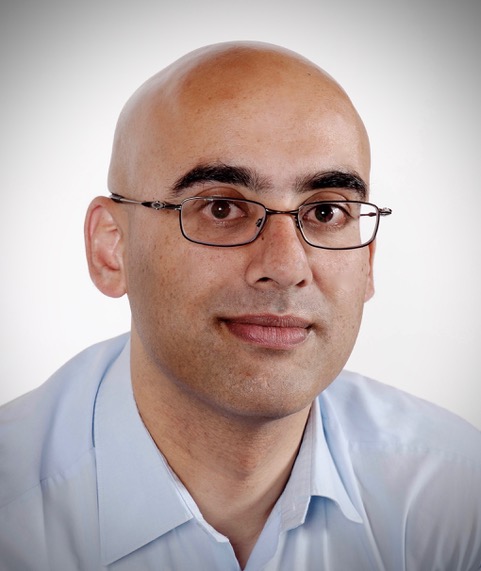DLS: Functional Foundations for Operating Systems

Biography: Dr. Anil Madhavapeddy is a University Lecturer at the Cambridge Computer Laboratory, and a Fellow of Pembroke College where he is Director of Studies for Computer Science. He has worked in industry (NetApp, Citrix, Intel), academia (Cambridge, Imperial, UCLA) and startups (XenSource, Unikernel Systems, Docker) over the past two decades. At Cambridge, he directs … DLS: Functional Foundations for Operating Systems